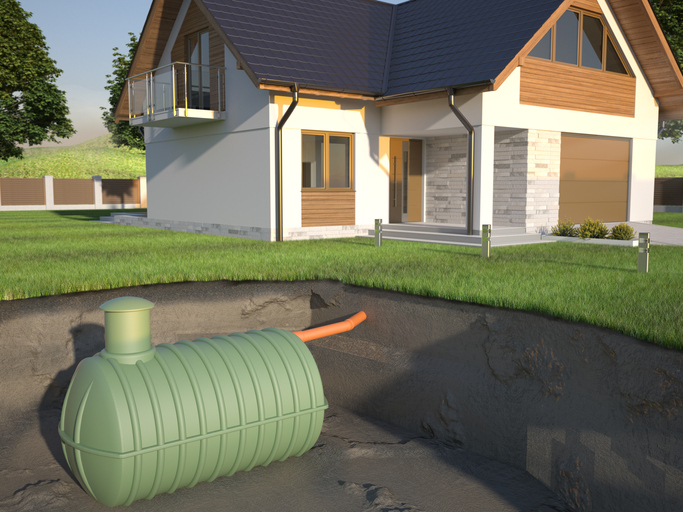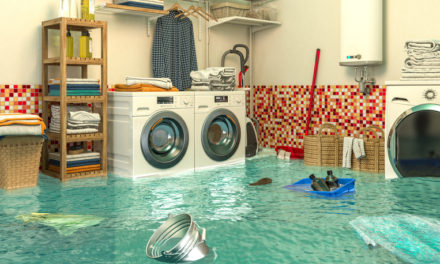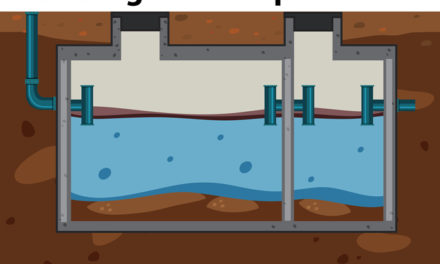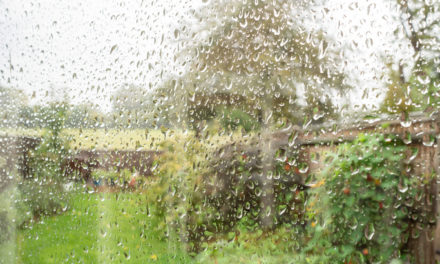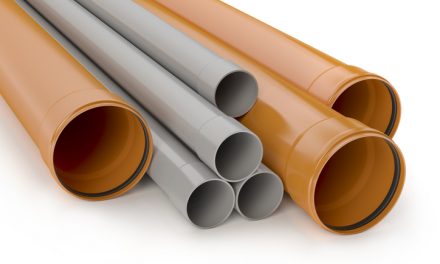If you have a clogged or malfunctioning septic system, it can cause a lot of damage in sewage backups, not to mention stink up your property. Understanding how to best care for your septic system will protect you from a sewage headache (and will save you money on expensive repairs). Don’t overlook how important proper septic system care is! If you implement our simple tips, you will be on your way to maintaining the health of your septic system.
1. Don’t Waste Water
Did you know that, on average, each person in your home uses about 70 gallons of water per DAY? Actual wastewater belongs in your septic tank, but wasted water through leaks or just leaving the water on unnecessarily can overload your septic tank and cause problems. Easy ways to save water are to turn off the sink while you are brushing your teeth or scrubbing your dishes, take shorter showers, and check for leaks. If you do notice a leak, call a plumber right away so you can save water and prevent damage (and take care of your septic system!).
2. Don’t Use Your Drain as a Garbage Can
Out of sight out of mind doesn’t mean the thing literally no longer exists. What happens to that cooking grease you poured down the sink or that baby wipe after you flush it down the toilet? It ends up in your sewer system, damaging your pipes and creating clogs. These and other inappropriately-flushed items eventually make their way to your septic tank and cause damage there, preventing your septic tank from working properly. The only things you should flush down the drain are human waste and toilet paper that is septic tank friendly. Everything else–including feminine hygiene products, paper towels, diapers, wipes, cooking grease, coffee grounds, medication, and household chemicals should be disposed of properly elsewhere.
3. Don’t Use Chemical Drain Cleaners
If you have a clog in your sink, use a snake or hot water to try and clear it. If you can’t clear it on your own, call your trusted plumber. Whatever you do, don’t use chemical drain cleaners. The harsh chemicals in those cleaners can kill the good bacteria in your septic tank that treat the wastewater from your home, not to mention it can harm your pipes. If you want to take good care of your septic system, stay away from these heavily-marketed cleaners.
4. Respond Quickly to Leaks
If you notice a leak of any size, call a plumber right away. Even small leaks can cause damage and wasted water, costing you money in eventual repairs and in your water bill. It may be disruptive to your day to have to deal with a seemingly small issue, but it will be significantly more disruptive and costly to deal with any backups or sewer problems that occur over time from an ignored leak.
5. Respect Your Drain Field
Your drain field is the part of your septic system that gets rid of any contaminating particles from within the wastewater of your home, and it’s a crucial part of septic system care. It’s important to know where your drain field is on your property so you can make sure to treat it properly. Never drive or park over your drain field and plant any trees far enough away that the roots won’t start causing trouble there. You should also ensure that your gutter drains and any other drainage systems are pointing away from your drain field so as not to overwhelm the system with excess water.
6. Take Care of Your Septic System: Schedule Regular Inspections
Chances are, you are rarely if ever thinking about your septic system. That means you may not realize there is a problem brewing until it’s gotten out of hand. The good news is that you don’t have to think about your septic system if you schedule regular inspections and maintenance on it. Preventative maintenance is the key to a healthy septic system that works in the background and never becomes an area of concern!
At A&L Cesspool, our experts can handle all your sewer and septic system needs. Whether you want to schedule an inspection or you suspect there is a problem, we’ll handle everything professionally and skillfully so that your septic system works the way it should.


